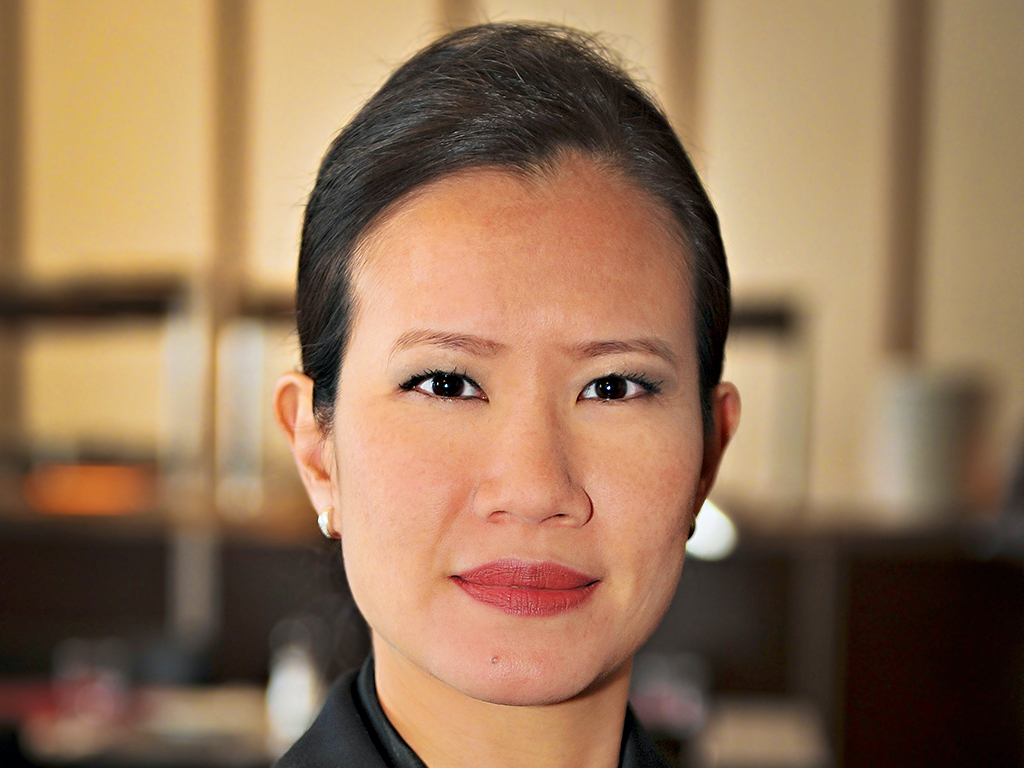
The hospitality sector is growing like never before, with hiring prospects at an all-time high. The need for service professionals is increasing as hospitality continues to develop from traditional hotel and restaurant services, to include event management, entertainment, spa services and luxury or personalised experiences. In this respect, the industry is quickly becoming one of the most dynamic and diverse sectors for management, with one in 11 hospitality jobs being an executive position.
This puts increased pressure on educational institutions to churn out more graduates with a luxury and experience speciality, as the demands of the industry continue to broaden. At Glion Institute of Higher Education, a leading educational facility for those looking to enter the hospitality industry, the changes in the industry have prompted a modernisation and diversification of their curriculum in order to prepare graduates for the current industry demands.
An impressive 85 percent of Glion graduates currently have a job or multiple job offers upon graduation
Dynamic industry
“The hospitality sector is growing and is increasingly becoming a dynamic and diverse industry, spread across services such as spas, event management and even the Olympic Games,” says Judy Hou, CEO of Glion. “Whether it’s hotels, restaurants or entertainment services, this industry is about bringing people together and making sure everything runs smoothly. This is why educators like us need to keep our ears to the ground to make sure our students have the skills necessary for the future.” Clearly graduates are increasingly expected to have an international background, as well as hospitality expertise.
An impressive 85 percent of Glion graduates currently have a job or multiple job offers upon graduation. This placement rate can be attributed to Glion’s unique curriculum, programme variety and international student life. The compulsory internships and applied teaching methods provide students with international, academic and hands-on experience, as well as the professional skill-sets necessary to work across the hospitality industry. Additionally, Glion has opened a new campus in London with international study options and it offers four main academic programmes that cater to undergraduates, career-changers and hospitality professionals: bachelor degrees in hospitality management; event, sport and entertainment management; postgraduate degrees in hospitality or event, sport and entertainment and an MBA or MSc in international hospitality management. But education can only go so far.
“When looking at a CV, major hospitality corporations are looking for interpersonal skills aside from education and experience. Has the candidate done an internship and if so, have they done internships abroad where they have learnt to apply their skills on the job. In this industry, it’s all about leadership and having cultural sensitivity, so employers look for relevant past experience and what school they went to and how the curriculum was structured,” explains Hou.
Internships crucial
Top companies from around the world are increasingly on the lookout for graduates with international experience, hospitality expertise and business acumen. In this respect, internships provide hands-on experience in operations, and they teach students how to look professional, be customer-oriented, and work in multicultural teams. At Glion, graduates receive an average of five internship offers per student and the school sends close to 500 students on internships annually. According to Hou, this demand for Glion’s interns comes down to students taking on a full year of courses that include academic theory focused on professionalism in the workplace, project work, as well as the crucial development of soft-skills.

“You have to be a people-person in this industry. It’s about having passion and the right attitude, because this is not a typical nine-to-five job. Hospitality professionals must have the desire to create a memorable stay for their customers and make people happy. It’s a spirit we hone at the Glion, because essentially, we play the part of a psychologist. We have to understand and anticipate the particular needs of a customer, so it’s also really important to be flexible and humble,” says Hou.
This ties in with the growing demand for hospitality professionals with experience and luxury brand expertise, as customers become increasingly sophisticated and apply higher expectations to services.
In this respect, shopping for a holiday, a spa-retreat or even just a luxury item such as a Hermès bag, needs to be a branded experience. Customers don’t want a bed to rest their head on any longer and a hospitality or experience package needs to include non-obvious elements of service that will leave the customer wanting more.
“Consequently, everything from booking accommodation, to arrival, to hotel customer service needs to be a brand experience that will generate customer loyalty,” says Hou.
Personalised experiences
This increased demand for personalised services is also driving calls for hospitality professionals to enter into fields that would not previously fall under this sector. Luxury brands are increasingly visiting Glion’s campus to recruit hospitality students that know how to provide particular services for customers of high-end brands.
“There is an increasing need for personalised luxury services. Luxury brands have been achieving stable double-digit growth despite the economic downturn of recent years, so this is a growing industry. Also, as luxury brands have enhanced their services, buying a luxury bag, for instance, is now being considered an experience. Now the buying experience comes down to accommodating the customer and their expectations and this is something hospitality professionals know how to do. This is also why we’re developing a luxury brand management course in order to meet this demand,” explains Hou.

Because these types of jobs didn’t exist a few years ago, the requirements for hospitality professionals looking to go into the luxury sector are even more particular than those sought by traditional hotel brands. Now, luxury firms such as the Armani Hotel or Hermès, want multilingual, experience professionals with a strong service background.
This new breed of experience managers need to ensure that the customer feels the luxury permeating throughout these brands, and that employees working for the firm do too. In this respect, creating a luxury experience is part of the brand. Frequently, hospitality students go on to management trainee programmes in preparation for these leadership roles that require specific knowledge of the brand experience. At Glion, one in two students take this route.
According to Hou, the need for managers that can provide a personalised service stems from the development of technology in recent years.
“Through technology, we have more and more information about our customers. Within a luxury group, this means that you will have a range of products targeting different demographics based on customer data. We consume brands because of a company’s ability to gage our need for their service, brand or product.”
With the sector becoming increasingly technologically savvy and personalised, it is crucial for educational institutions to engage with key firms such as banks, hotel groups and luxury brands to make sure the curriculum is innovative and up-to-date. And it is in this way, as well as countless others, that Glion graduates will have all the necessary soft and professional skills they need to take on the diverse hospitality industry.

